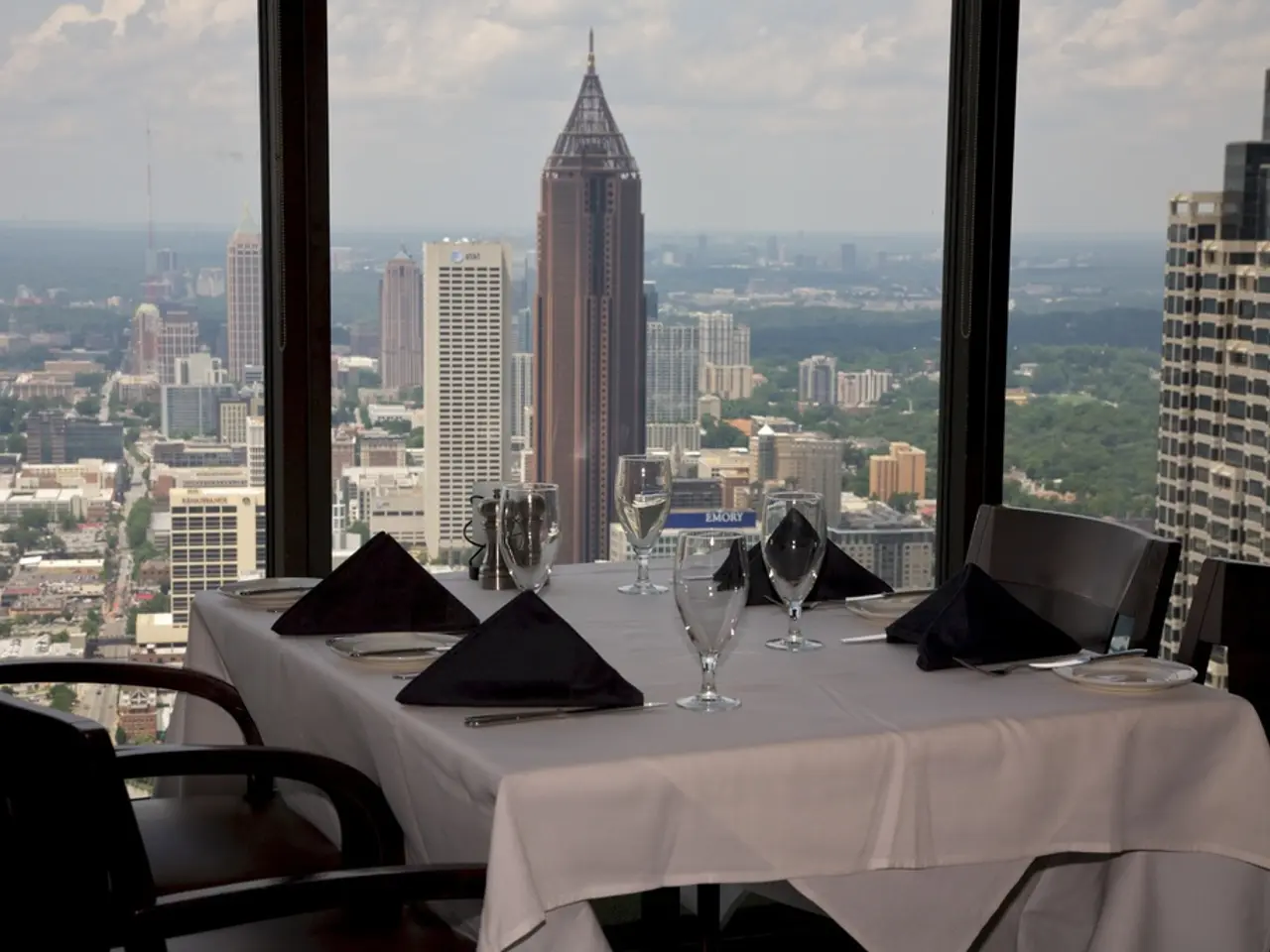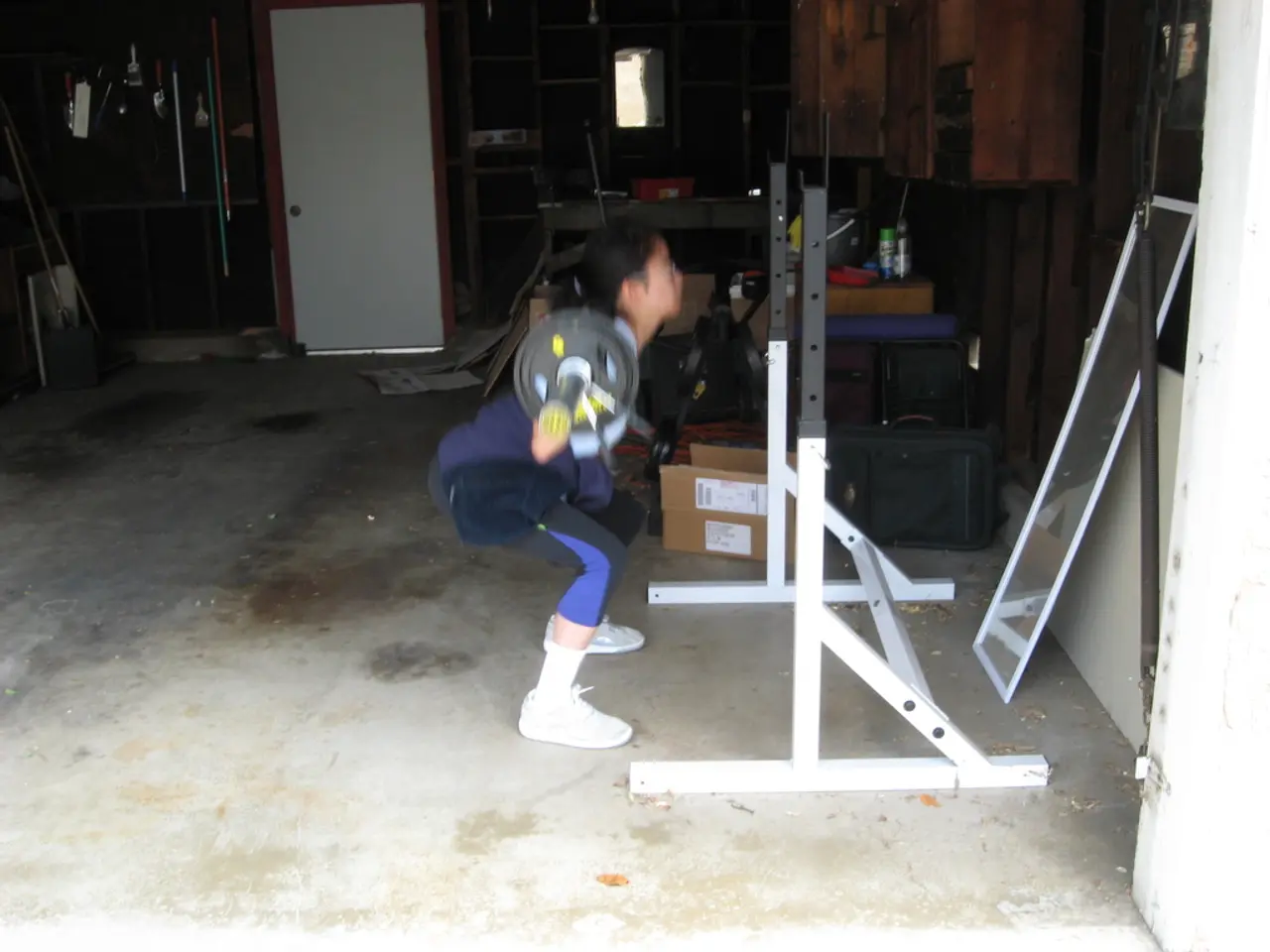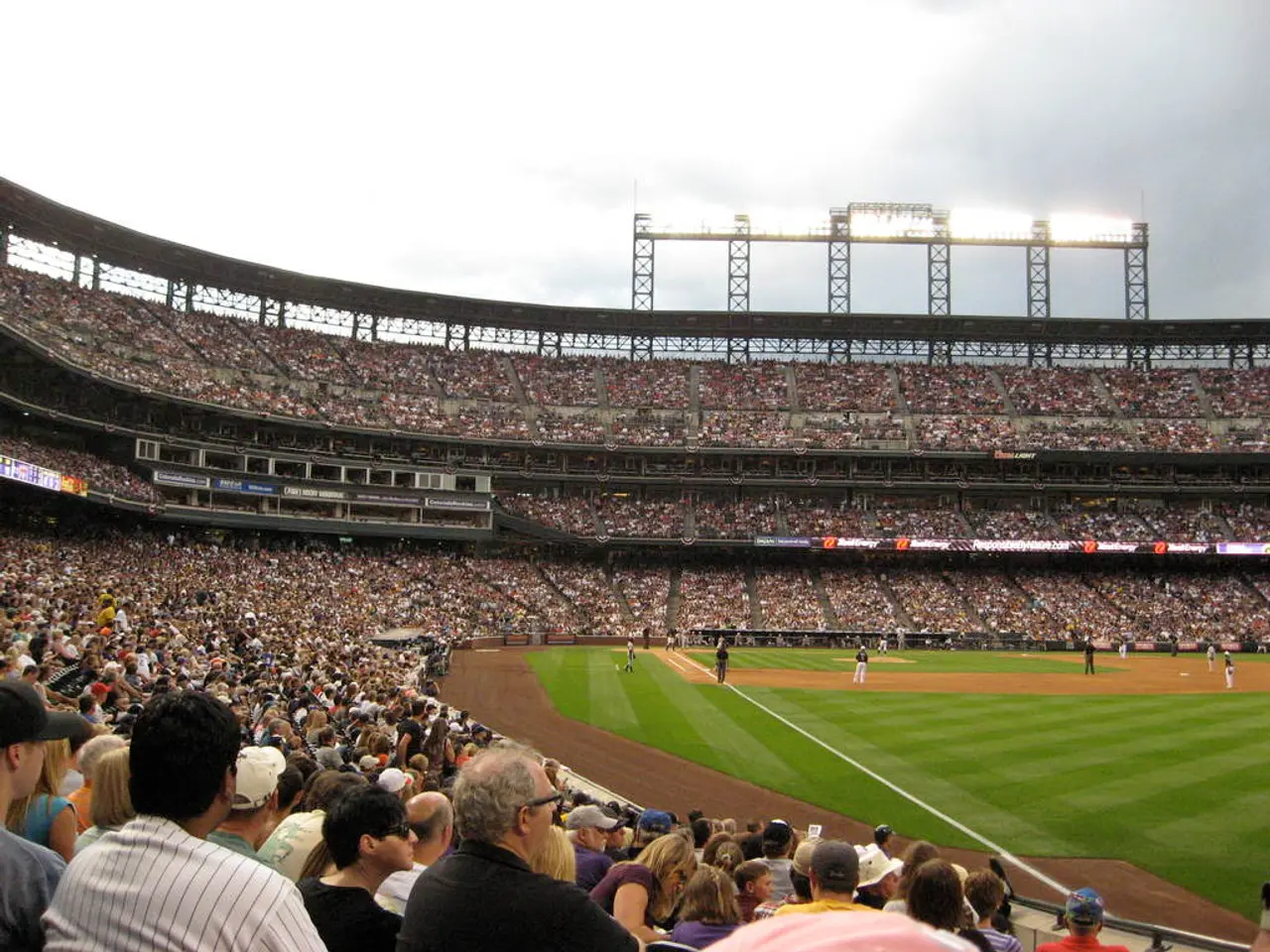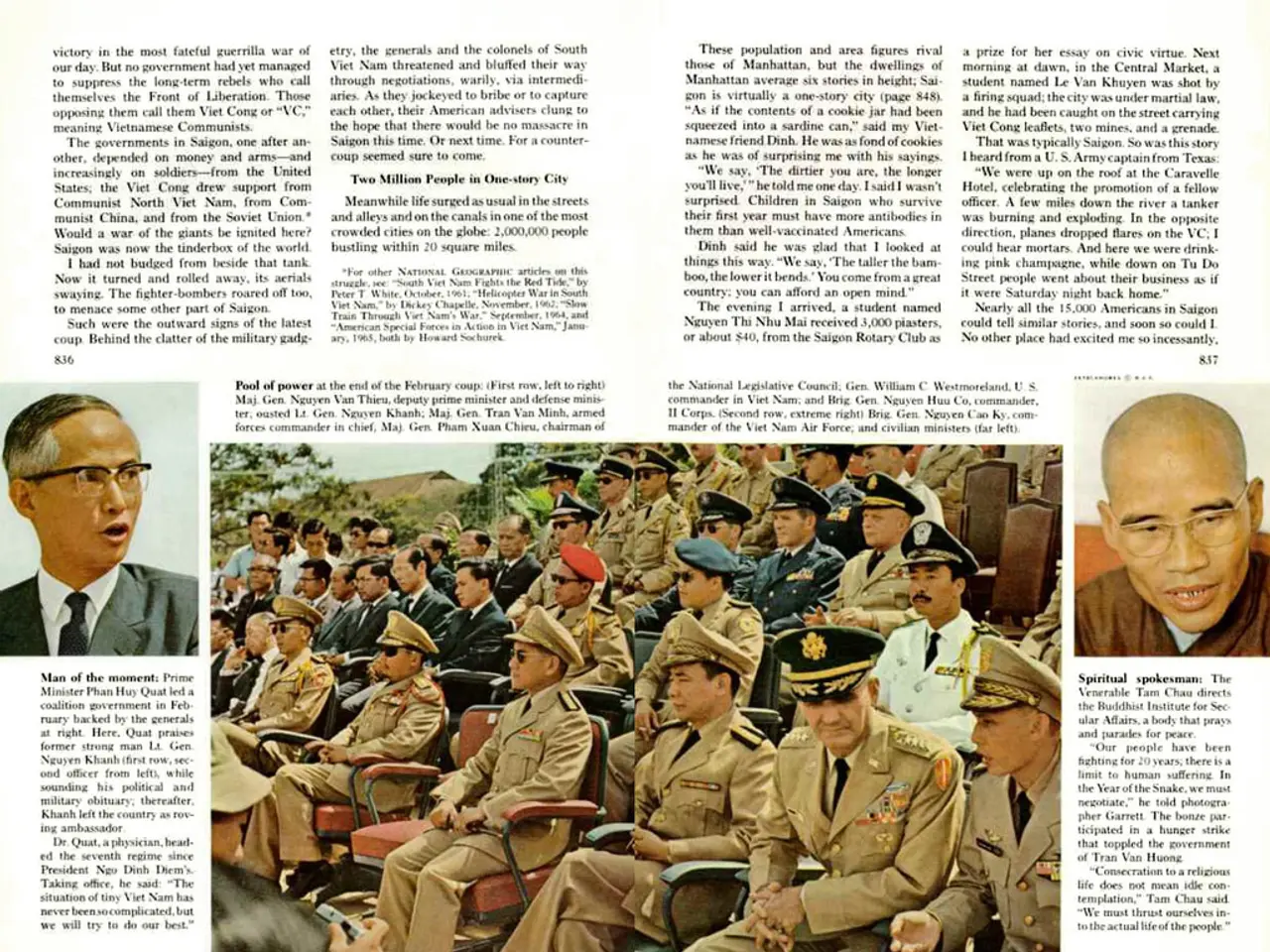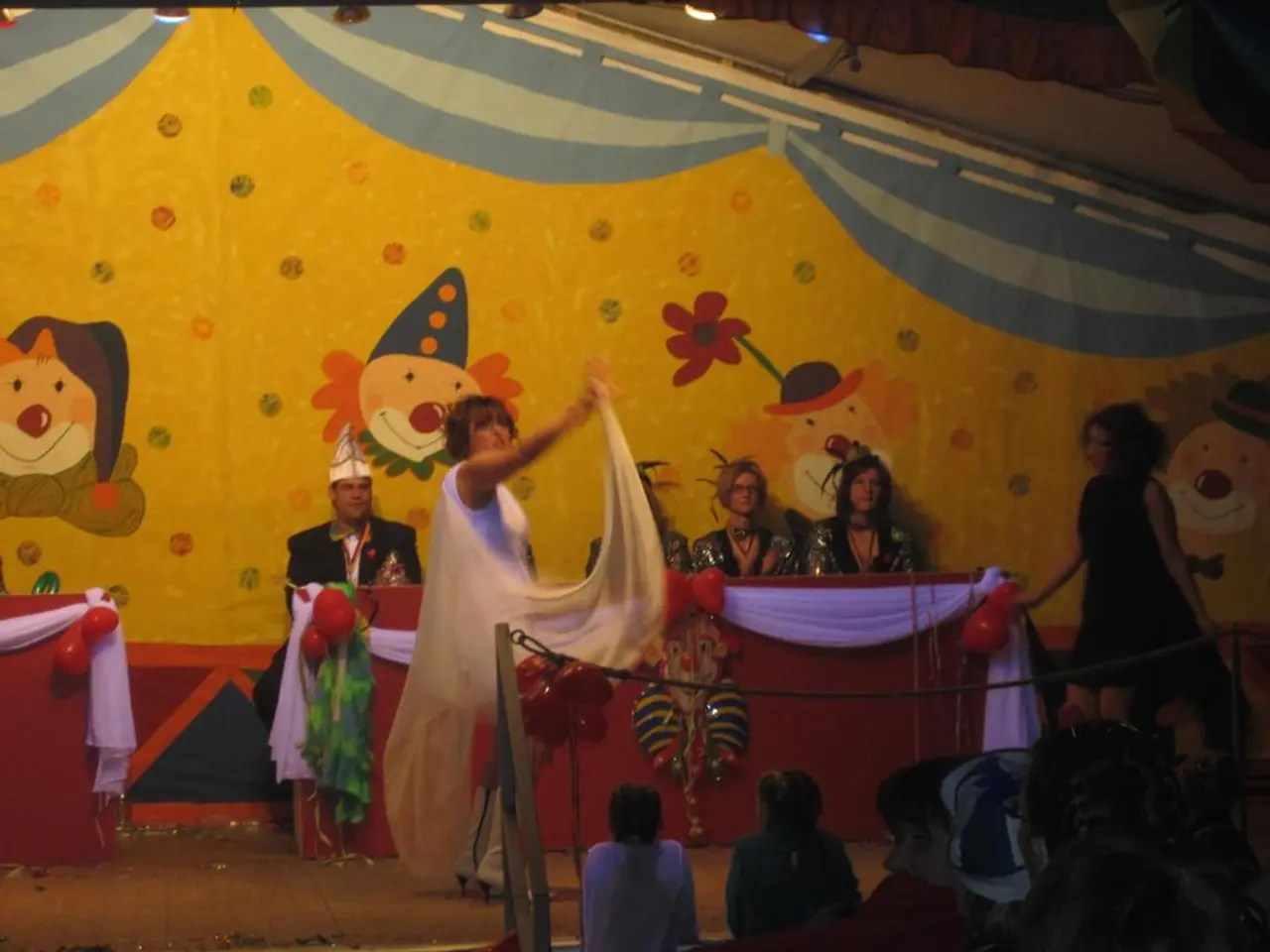Hospitality sector facing hardships - 'July: A Month of Calamity' - Businesses in Strife: Devastating July Predicted by Dehoga
The hospitality industry in Rhineland-Palatinate is grappling with a challenging summer, as prolonged rain and cool temperatures take a toll on outdoor businesses. According to Gereon Haumann, president of DEHOGA (the German Hotel and Restaurant Association), the situation is dire, with many businesses facing existential threats if the summer continues to disappoint.
The German Press Agency has reported on the distress in the industry, with the Mosel region, where the season lasts until September, experiencing particularly bitter losses. Haumann warns that negative experiences due to the bad weather are affecting long-term planning and booking levels for next year.
The occupancy of outdoor gastronomy has suffered greatly, leading to a loss of important revenues. Rhineland-Palatinate is already at the bottom of the list for hotel occupancy rates nationwide. People do not feel like going out during the rainy summer, according to Haumann, and many guests are canceling their vacations or booking last-minute trips abroad due to the bad weather.
The industry urgently needs political relief, especially through the introduction of reduced VAT on food from January 1, 2026. Haumann emphasizes that the hospitality industry in Rhineland-Palatinate is not a problem of their own making, as they are dealing with the aftermath of the pandemic, price increases due to the Ukraine war, and weather that's ruining the summer.
The association appeals to the federal and state governments not to leave the businesses alone during these challenging times. The hospitality industry in Mainz, Rhineland-Palatinate, welcomes extended outdoor opening hours until midnight as a small step towards providing some relief.
However, the situation is not unique to Rhineland-Palatinate. Climate change is making bad weather events more frequent, and these can have significant economic consequences for hospitality sectors in regions like Rhineland-Palatinate. Reduced visitor numbers, cancellations, lower occupancy rates, and decreased revenue for hotels, restaurants, and related businesses are typical impacts. Flooding or extreme precipitation events can disrupt transportation and damage infrastructure important for tourism.
Long-term planning challenges for the hospitality and tourism industry include adapting to increasingly unpredictable weather patterns, investing in flood and heat mitigation infrastructure, diversifying offerings beyond weather-dependent outdoor activities, and strengthening crisis response mechanisms to maintain visitor confidence.
Political relief measures that are often required or advocated for include financial support packages for affected businesses, investment in resilient infrastructure to reduce future weather damage, policies encouraging sustainable tourism development, and enhanced insurance schemes. While no direct reference for Rhineland-Palatinate in 2022 was found, these measures align with broader European responses to climate challenges impacting tourism economies.
In summary, while precise data for Rhineland-Palatinate summer 2022 are lacking, the hospitality industry there likely faced economic setbacks due to bad weather influenced by climate change. This situation creates ongoing planning difficulties requiring political support focused on resilience, financial relief, and sustainable adaptation measures to protect the region’s tourism sector over the long term.
The hospitality industry in Rhineland-Palatinate could potentially consider implementing a community policy that includes emergency contingencies for unpredictable weather, focusing on resilience and adaptation measures for businesses. In addition, an employment policy that accounts for seasonal fluctuations and economic uncertainties, in light of climate change and current external factors such as the pandemic and war, could help ensure workforce stability.
